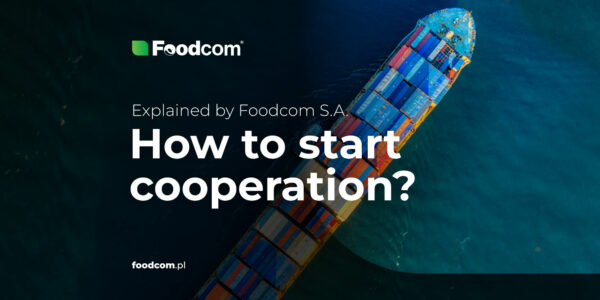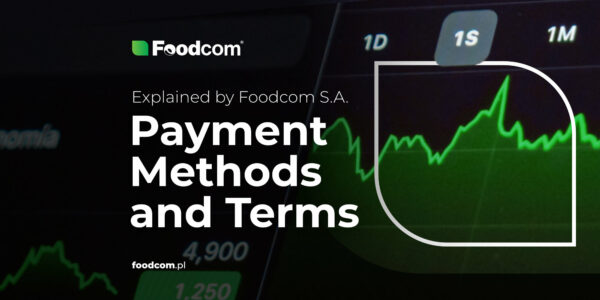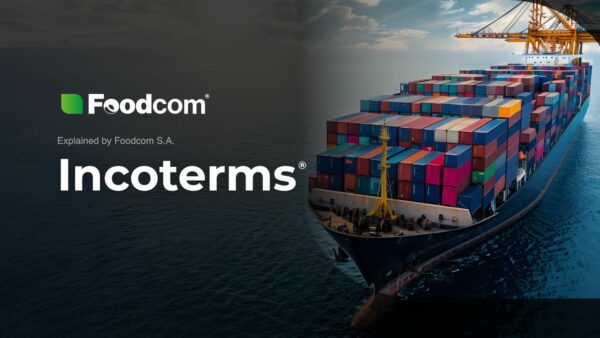Distribution – what is it?
Distribution, particularly in the context of a B2B trade entity like Foodcom S.A. refers to the systematic process of ensuring products or goods are delivered from producers or manufacturers to the end-users, which can be retailers, wholesalers, or other businesses. This intricate process encompasses a range of activities including storage, transportation, inventory management, order processing, and logistics. For businesses in the aforementioned sectors, effective distribution is crucial, as it not only ensures timely delivery of products but also helps maintain the quality and integrity of the goods, especially perishables.
Most common questions
1. Why is distribution vital for businesses like Foodcom S.A.?
Distribution plays a pivotal role in maintaining the supply chain’s efficacy. Foodcom S.A. it bridges the gap between production and consumption. Ensuring that products reach the right places in optimal condition and within the desired time frame can significantly impact customer satisfaction, business reputation, and revenue.
2. What are the primary elements of a distribution system?
A robust distribution system typically involves components like transportation (trucks, ships, planes), storage facilities (warehouses, cold storage), inventory management tools, order processing systems, and a network of distributors or agents who facilitate the movement of goods to the end-users.
3. How do businesses choose their distribution channels?
Businesses select distribution channels based on various factors: the nature of the product, target market demographics, desired reach, cost-effectiveness, and the level of control they want over the distribution process. For instance, perishable food items might require faster, direct distribution, while industrial goods might follow a different route.
4. How do technological advancements impact distribution?
Technological innovations have transformed distribution in multiple ways. Advanced logistics solutions, real-time tracking, automated inventory management, and predictive analytics enable more efficient, transparent, and responsive distribution processes. For businesses, this means reduced costs, faster deliveries, and enhanced customer trust.
5. Are there challenges associated with global distribution?
Definitely. Global distribution can pose challenges like dealing with customs and regulations of different countries, managing longer transportation times, potential damages during transit, currency fluctuations, and cultural nuances. However, with a strategic approach, expert knowledge, and robust infrastructure, businesses can successfully navigate these challenges.





